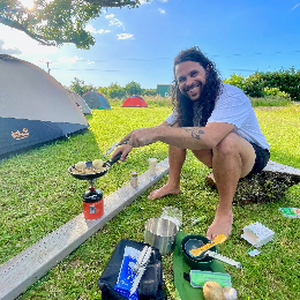How to stop a state from sinking
But for homes like Christa and Alex Bell’s, which consists of two stories and a two-car garage sitting on a concrete slab, the house-jacking process is more complex. Slab homes depend on the concrete foundation underneath for flooring and for most, if not all, of their structural support. It’s ideal, though difficult, to raise the house and the slab together and build a new foundation underneath; the other option is to separate the two and build a new, elevated floor. From there, homeowners co...

